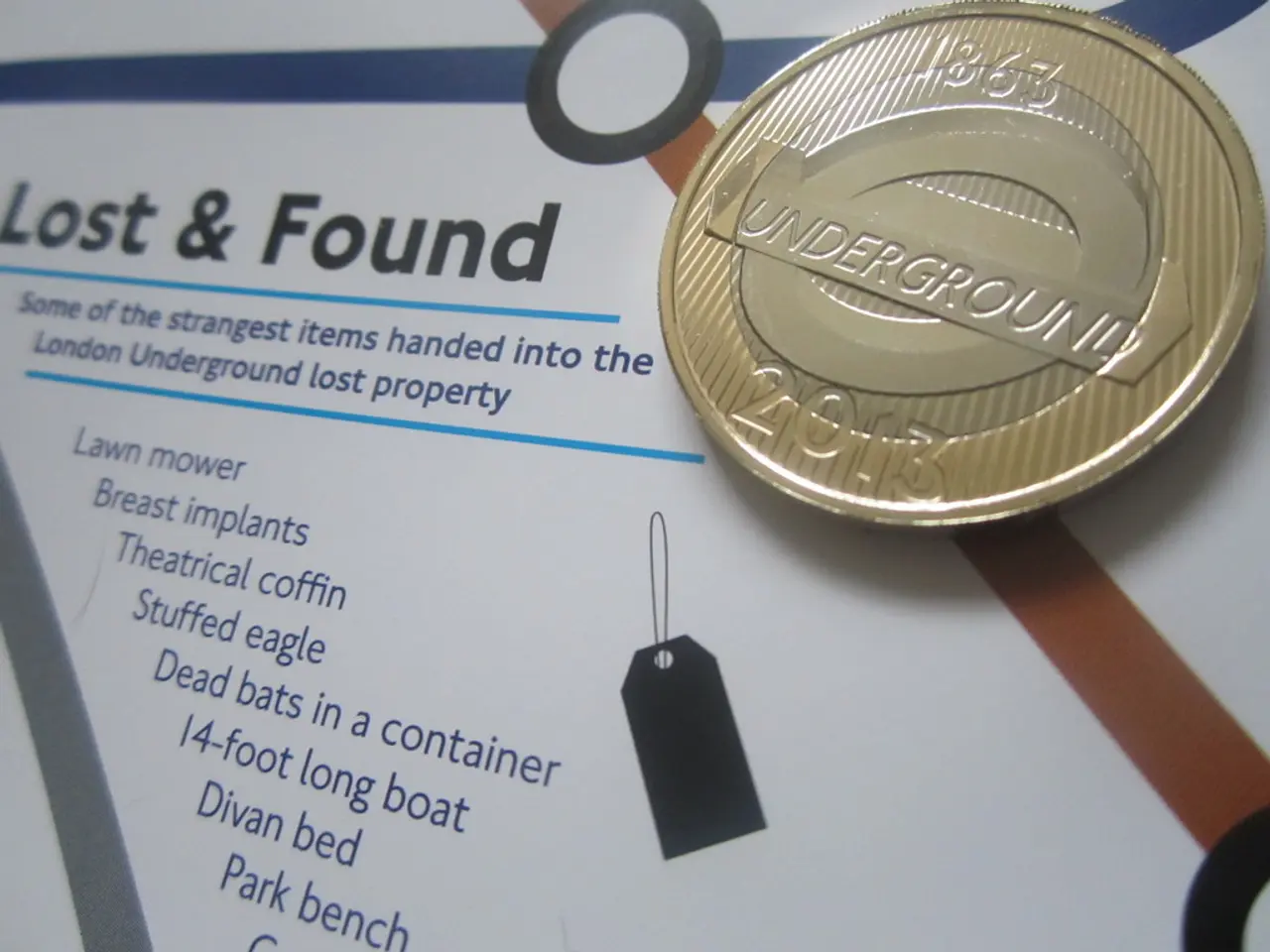U.S. Bank Makes Groundbreaking Leap in Blockchain for Trade Finance
In a significant milestone for the global trade sector, U.S. Bank has completed a fully digital trade finance transaction using WaveBL's blockchain platform. This groundbreaking event marks a key step in the direction of digitizing the trade finance sector, which has been slow to adopt technological change.
The digital transaction, executed within minutes, significantly increased efficiency compared to traditional courier-based methods. U.S. Bank acted as the presenting bank on behalf of a major publicly traded American exporter, while the electronic bill of lading (eBL) was issued by the Mediterranean Shipping Company (MSC) through WaveBL. The successful digital transaction demonstrates how encrypted digital platforms can provide both security and speed in processing trade finance documents.
WaveBL's blockchain technology ensured the end-to-end digital transfer of the bill of lading in a fully encrypted and tamper-proof manner. By leveraging blockchain, U.S. Bank has shown how digital platforms can address the inefficiencies and risks associated with paper documents in trade finance.
The implications of this transaction extend beyond one institution. Financial institutions, shipping companies, and exporters are investing in digital infrastructure to replace outdated manual systems due to the push for trade digitization. The broader industry is likely to move towards faster, safer, and more cost-effective trade finance operations.
The demand for digital trade infrastructure continues to grow, as more banks and shipping companies adopt blockchain-based document exchange platforms. Inefficiencies related to courier logistics, document storage, and fraud risks have exposed the need for digitized solutions in the trade finance sector.
The transaction reflects growing demand among corporate clients for more modernized and efficient trade finance solutions. Wider accessibility and inclusion are being facilitated by digital trade finance platforms, which are democratizing trade finance by simplifying application processes, offering alternative credit scoring, and providing access to a broader pool of lenders.
Enhanced operational efficiency, increased security and transparency, and growing market demand are also driving the adoption of digital trade finance. Automation, AI, and integrated platforms are now widely used to automate manual trade finance tasks such as document checking, risk management, and compliance. This results in faster processing times, reduced errors, and improved cash flow management for clients.
The collaboration between WaveBL and U.S. Bank is seen as validating the effectiveness of WaveBL's platform in real-world applications. The successful digital transaction by U.S. Bank serves as a blueprint for other financial institutions in the U.S. and abroad to follow. The trend towards digital trade finance is characterized by expanding accessibility, operational automation, improved risk management, and stronger integration within global trade networks.
The digital transaction by U.S. Bank eliminated risks associated with paper documents such as loss, damage, and courier delays. The transaction replaced traditional paper-based procedures, highlighting the increasing criticality of factors like speed and security in a fast-moving global trade environment. The completed transaction also reflects the growing momentum in the global shipping and finance industries to digitize legacy processes, with the Digital Container Shipping Association (DCSA) aiming to transition to 100% electronic bills of lading by 2030.
In summary, financial institutions and shipping companies are moving beyond experimental stages to embrace digital trade finance as a mainstream, innovation-driven approach. This trend is propelled by successful blockchain implementations like U.S. Bank's with WaveBL and is characterized by expanding accessibility, operational automation, improved risk management, and stronger integration within global trade networks.
The successful digital transaction by U.S. Bank, using WaveBL's blockchain platform, signifies a significant shift in the finance and technology sectors, as well as the business world, demonstrating the potential of encrypted digital platforms in streamlining trade finance operations. This move towards digitization is prompting other financial institutions, shipping companies, and exporters to invest in digital infrastructure and replace outdated manual systems, fostering a broader industry shift towards faster, safer, and more cost-effective trade finance operations. The demand for digital trade infrastructure continues to grow, driven by factors such as enhanced operational efficiency, increased security and transparency, and growing market demand.




